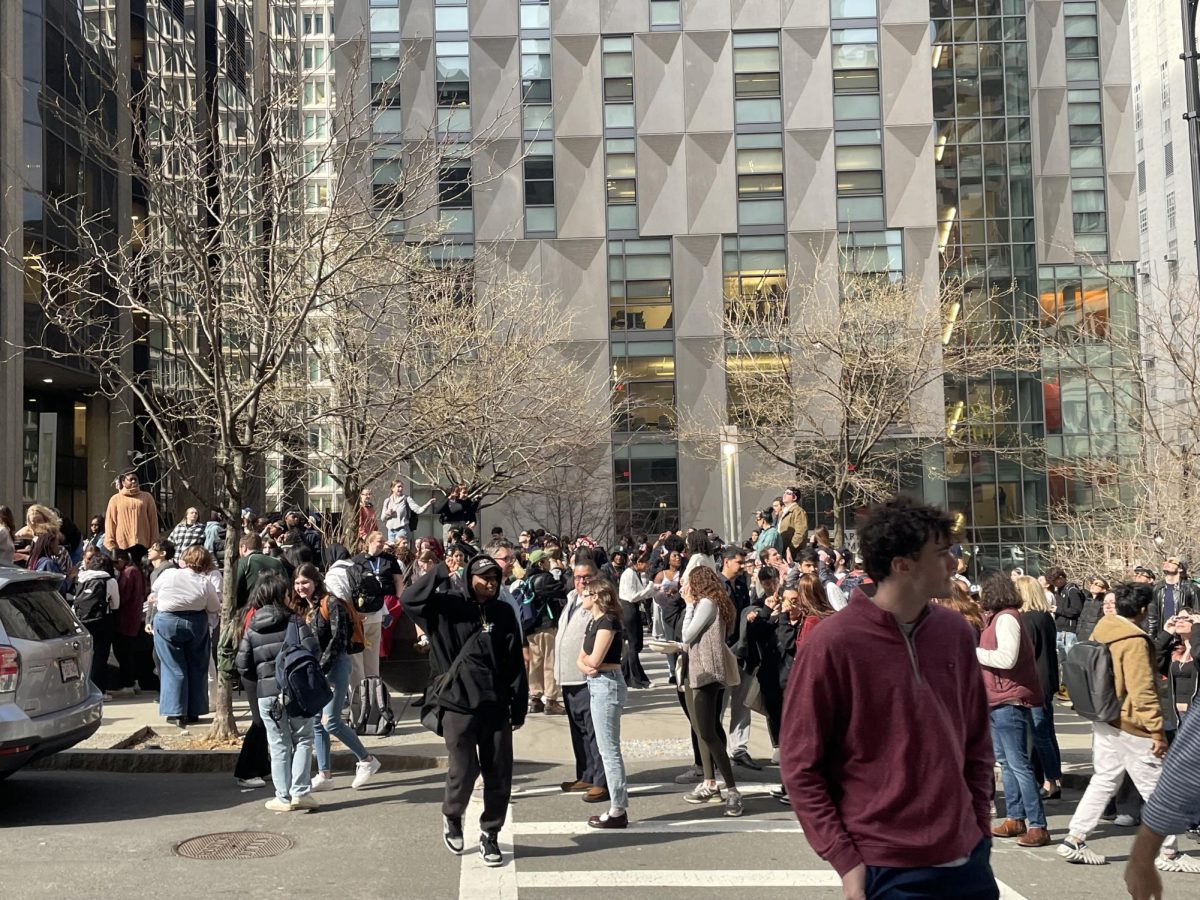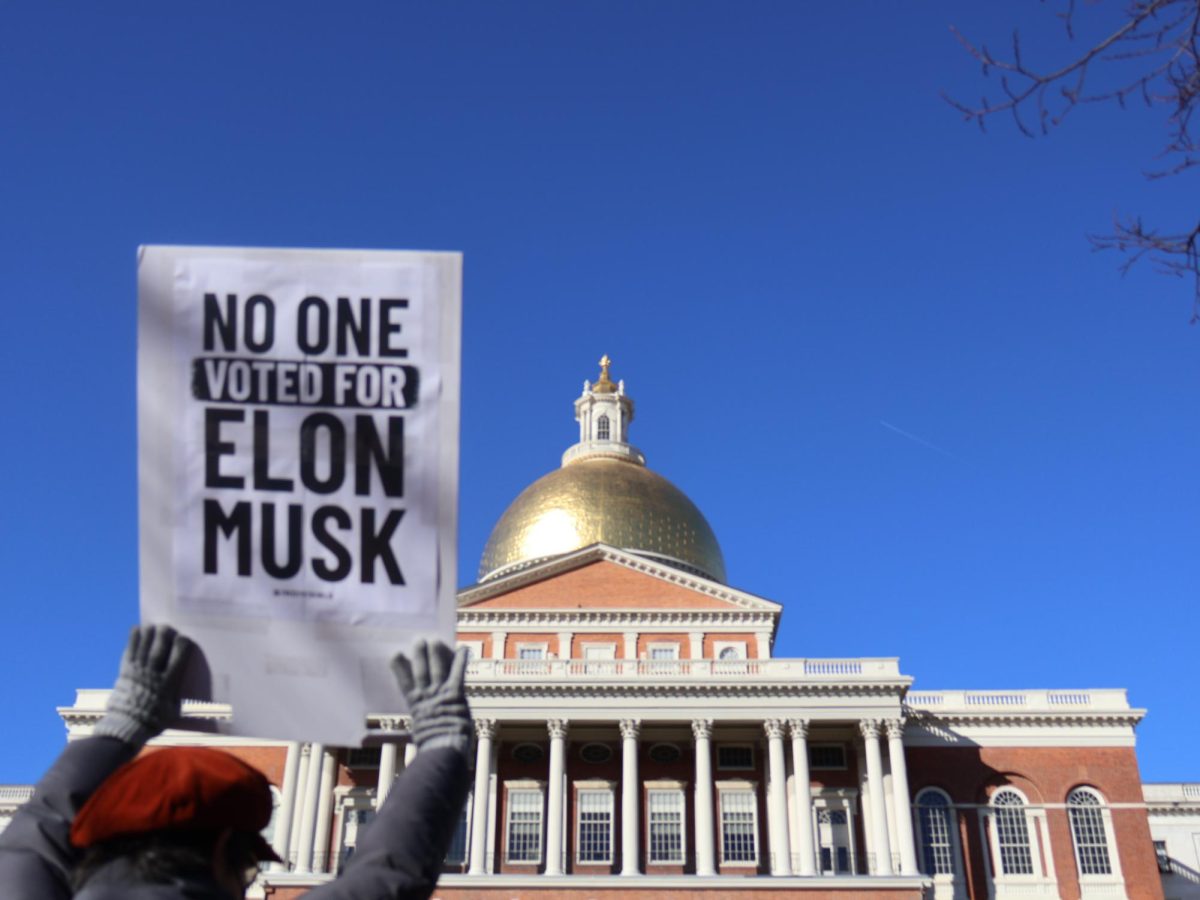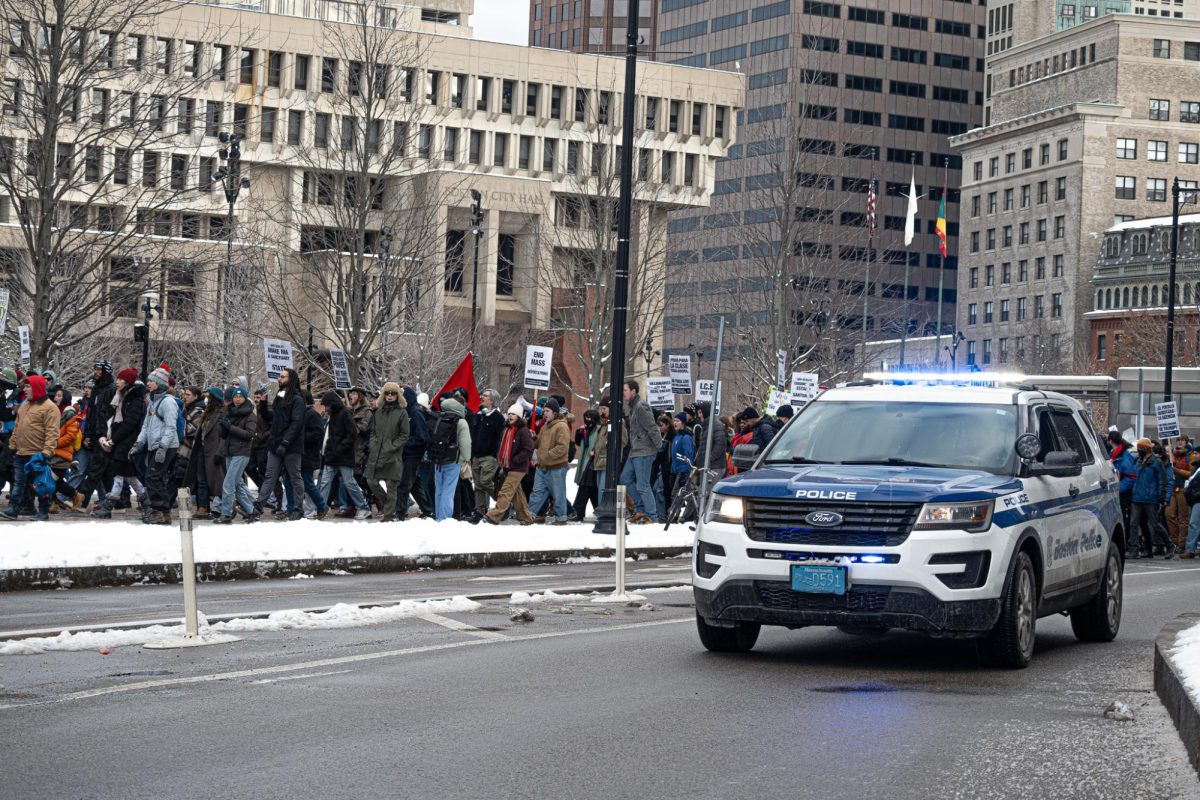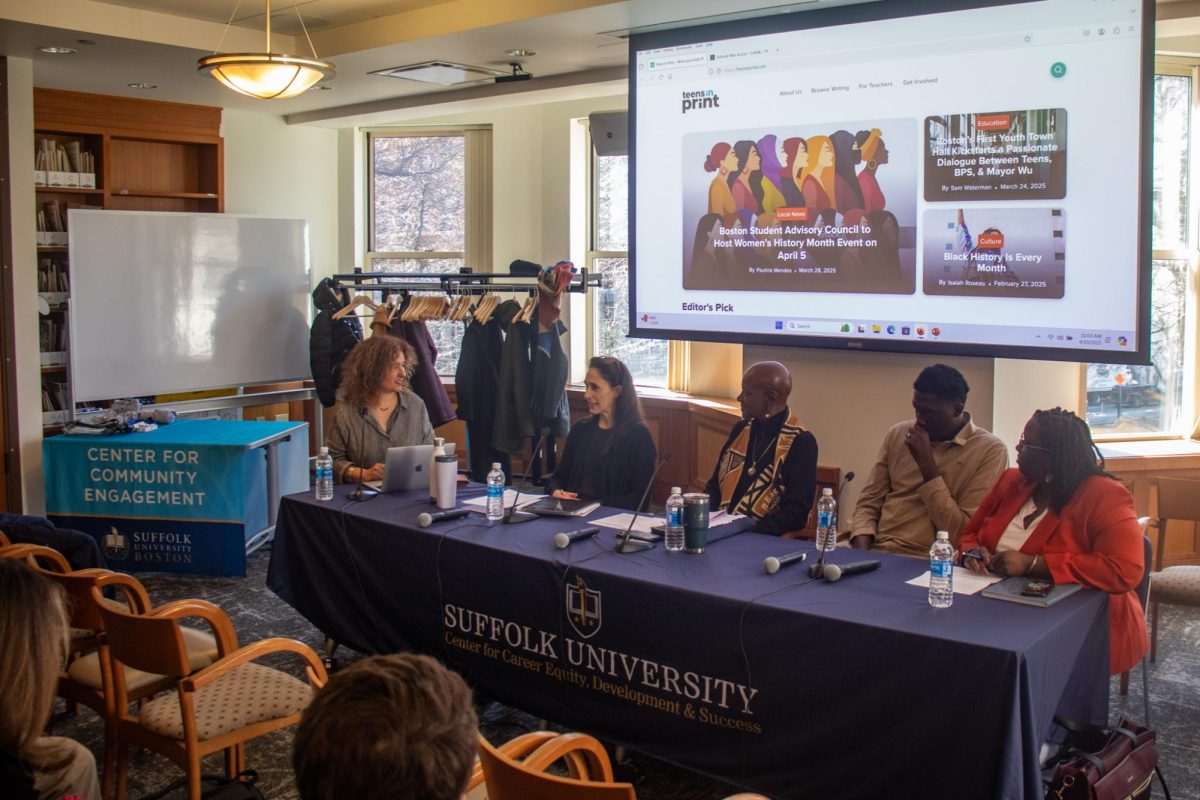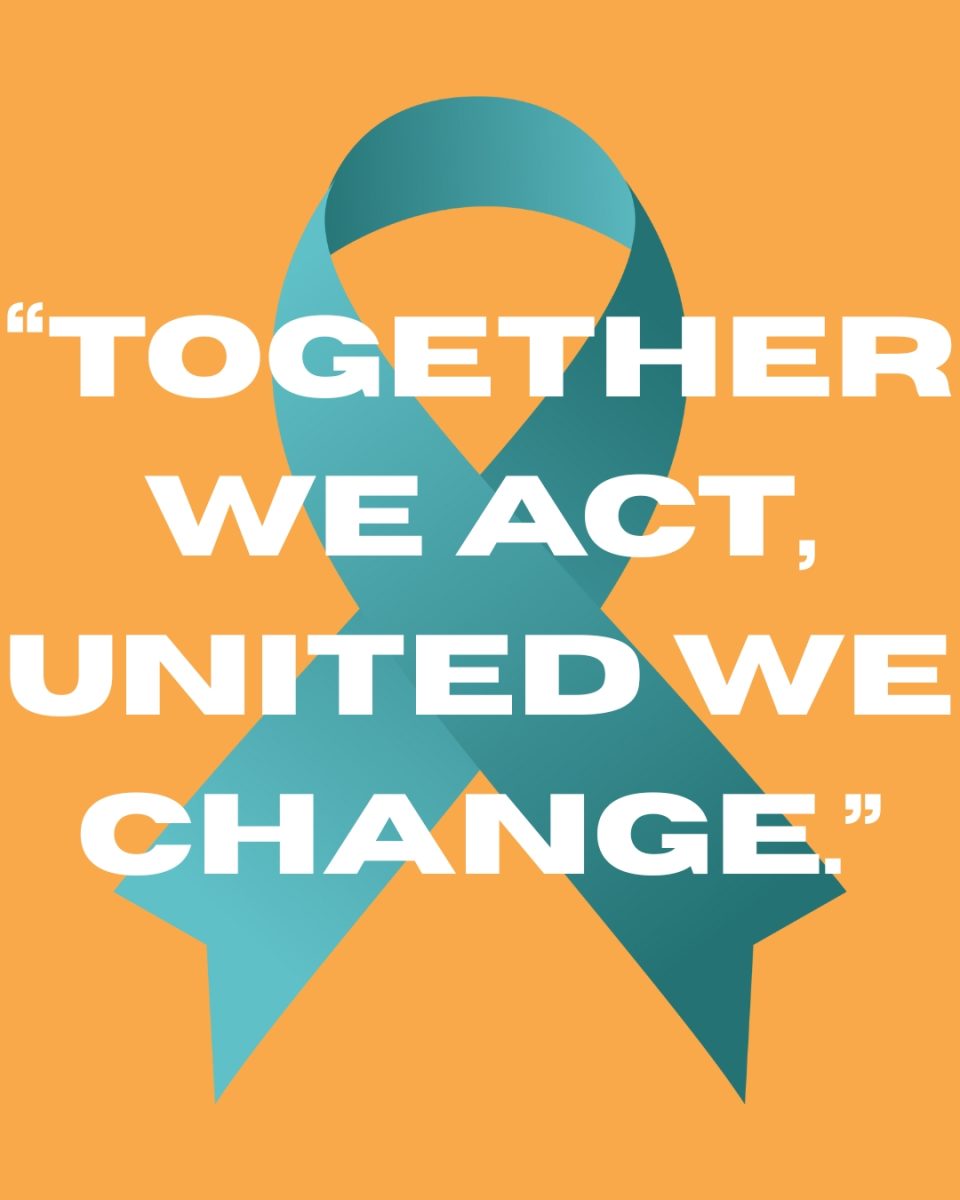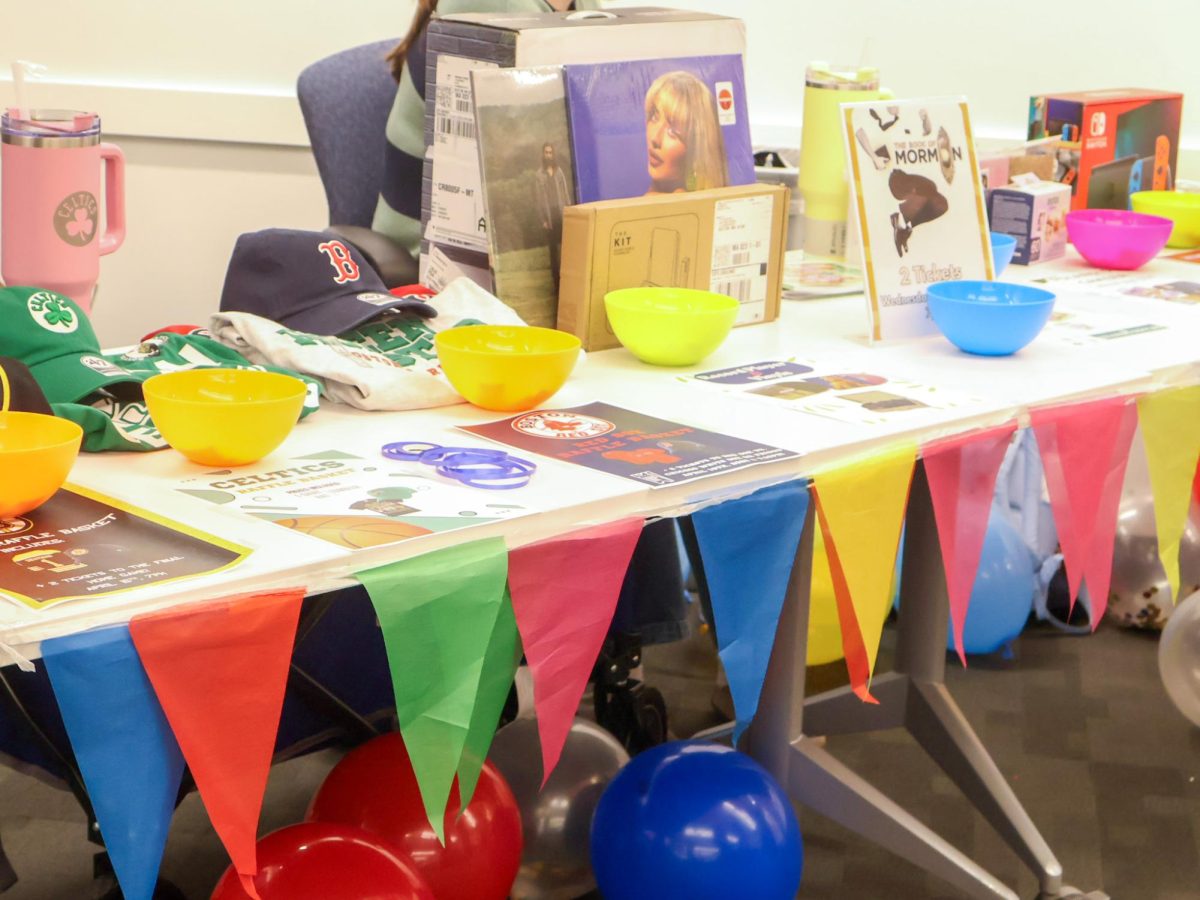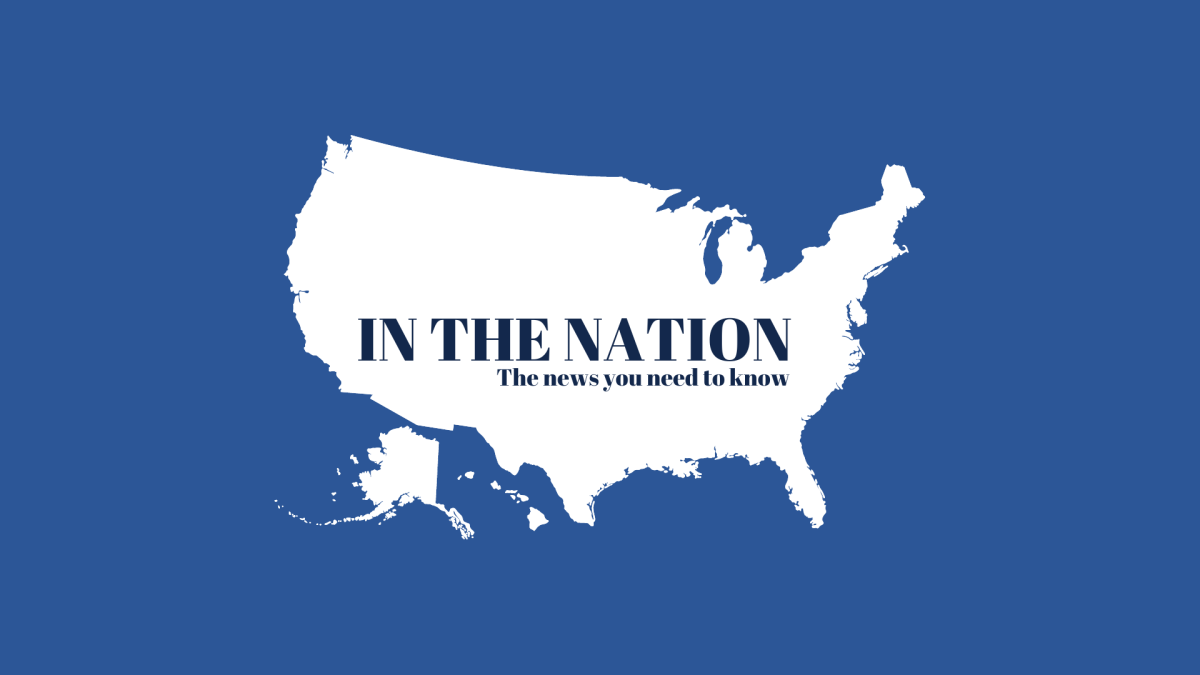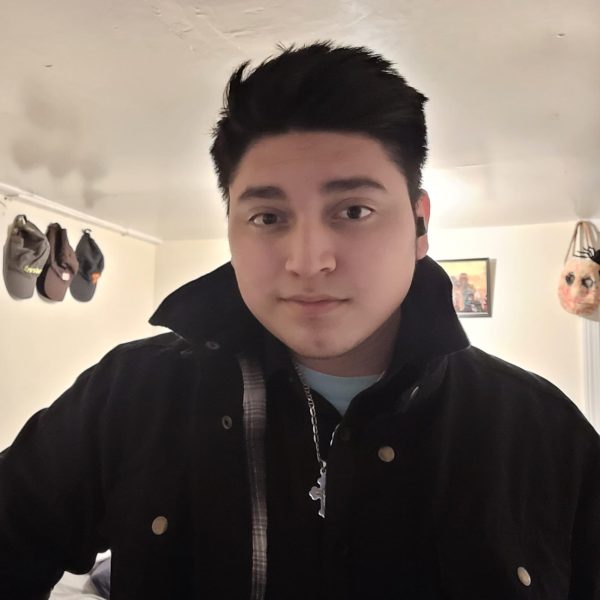The solar eclipse on April 8 left some Suffolk University students in awe of outer space’s phenomena and many feeling underwhelmed about the results of the eclipse.
A solar eclipse happens when the moon passes between the sun and the earth. According to NASA, it creates a shadow on Earth and depending on where you’re watching the eclipse, the moon will fully block out the sun.
The last solar eclipse was in 2017, and the next one is projected for Aug. 23, 2044, according to NASA.
“It’s not an experience we all get to see on a normal basis,” said Jocelyn Sammy, a senior psychology major.
Sammy and several other students from The Center for First-Generation & Educational Equity went to the 13th floor of 73 Tremont to get a better view of the eclipse.
“It was a time where many of us got together to experience something that’s out of our control,” said Sammy.
Sammy’s sentiment is shared by many others as the next total eclipse to hit Massachusetts won’t be until 2079 according to Fred Espenak, a retired astrophysicist known as “Mr. Eclipse.”
Other students viewed the astronomical event from the Boston Commons where hundreds of people gathered to see the solar eclipse on the 60-degree day.
“I went to the commons to see the eclipse, it was very hard to find seating in the area,” said Leona Olver, a junior biology major who watched the eclipse from the Commons.
Suffolk gave glasses for free to students on the third floor of Samia, although there were not enough for every student eagerly gathered in line. Many, including Olver, shared glasses with friends and classmates during the peak of the eclipse in the afternoon..
For many students, science took a backseat during the eclipse in favor of socializing and community building.
“Honestly, if it weren’t for the fact my friends were going, and that they had glasses, I don’t think I would have cared as much about this eclipse,” said Olver.
For others, the buzz surrounding the eclipse seemed to be over-the-top.
“Yeah, it’s a rare event but I don’t see the point of standing in lines or traveling to different states just to see the moon block the sun,” said Beyonce Staco, a first-year advertising major.
Despite its rarity, the event didn’t impact every student. Some were left disappointed due to Boston’s location, as it was not in the path of complete totality.
“It was way too overhyped, and there was really no point in seeing the eclipse,” said Minh Nguyen, a sophomore business analytics major.
The next total solar eclipse visible in Boston will be May 1, 2079.


